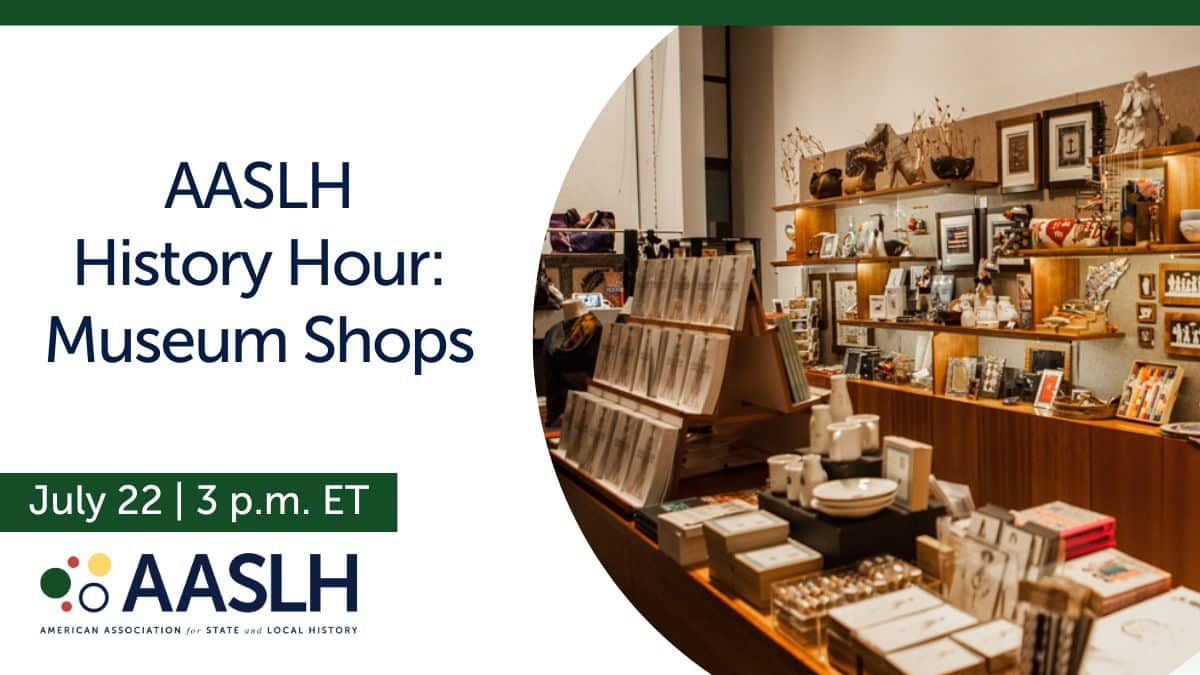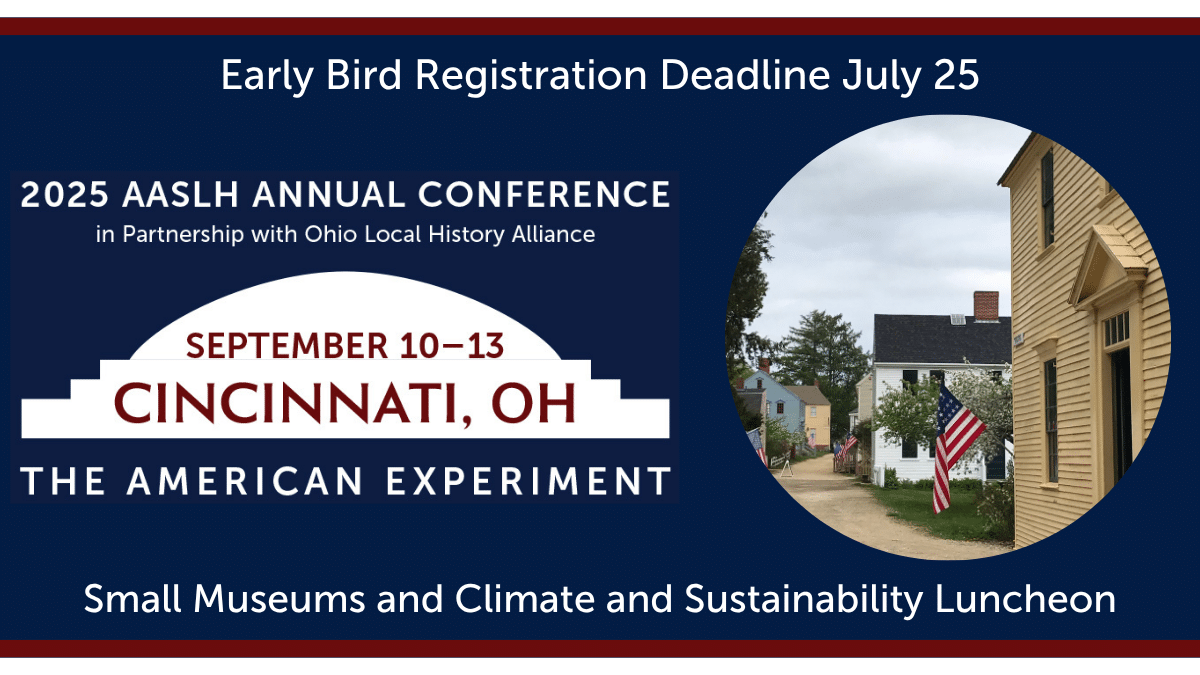The Luddy/Taylor Connecticut Valley Tobacco Museum, operated by the Connecticut Valley Tobacco Historical Society, was the subject of a glowing report in the local news yesterday.
 Since 1987, the Society has helped to “preserve historical evidence of the cigar tobacco agriculture, educate the present and future generations, operate a museum and serve as the museum’s governing body.” The Museum features a refurbished tobacco shed (a barn modified for tobacco drying) which houses large antique farm equipment. They also have an archive with a library and a small art gallery.
Since 1987, the Society has helped to “preserve historical evidence of the cigar tobacco agriculture, educate the present and future generations, operate a museum and serve as the museum’s governing body.” The Museum features a refurbished tobacco shed (a barn modified for tobacco drying) which houses large antique farm equipment. They also have an archive with a library and a small art gallery.
The Journal Inquirer detailed the museum’s many successes in this past open season:
A celebratory cigar-smoke ring was in order last month as the Connecticut Valley Tobacco Museum in Northwest Park closed for the winter Nov. 28. That was because of higher attendance than last year and significantly more events.
From March, when the museum opened for the season, through November, about 1,300 visitors came through for tours, up from 950 from last year.
“During the annual Northwest Park County Fair we even had over 200 visitors in one day,” Director Brianna Dunlap marveled.
Visitors also did research for various school-related and other projects, and enjoyed special events there once a month. This year there were seven events, up from two last year.
Last, but not least:
“The biggest news,” Dunlap said, “is that we were accepted into the Connecticut StEPS program.”
That program is a statewide, 26-month integrated program of professional development for smaller cultural organizations based on the national Standards and Excellence Program for History Organizations (also known as StEPS).
The museum is one of 23 organizations recently accepted after a competitive application process. Support and training comes via curriculum-based workshops; coaching from a dedicated mentor; and access to a Connecticut Humanities grant fund, all to preserve and share stories and objects of the past.*
*While AASLH’s StEPs program is open to all history institutions, no matter how small, this museum is participating in the StEPs-CT group. StEPs groups are forming in a number of states in order to offer the benefits of shared learning and networking. Moreover, since StEPs is a self-paced program, participation in a group offers the extra benefit of accountability to help each museum stay on track and make meaningful progress. StEPs-CT is sponsored by the Connecticut League of History Organizations and Connecticut Humanities in partnership with the Connecticut Historical Society.



